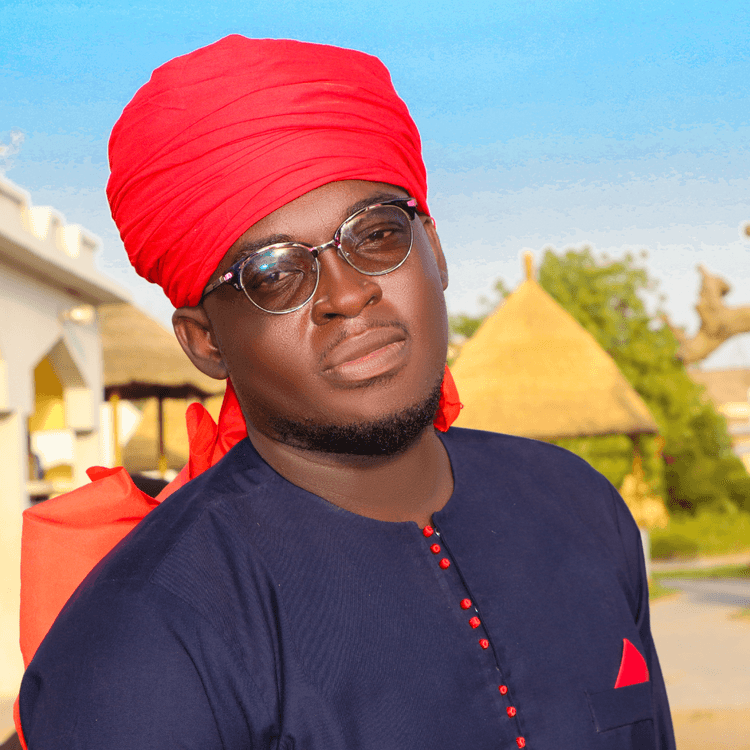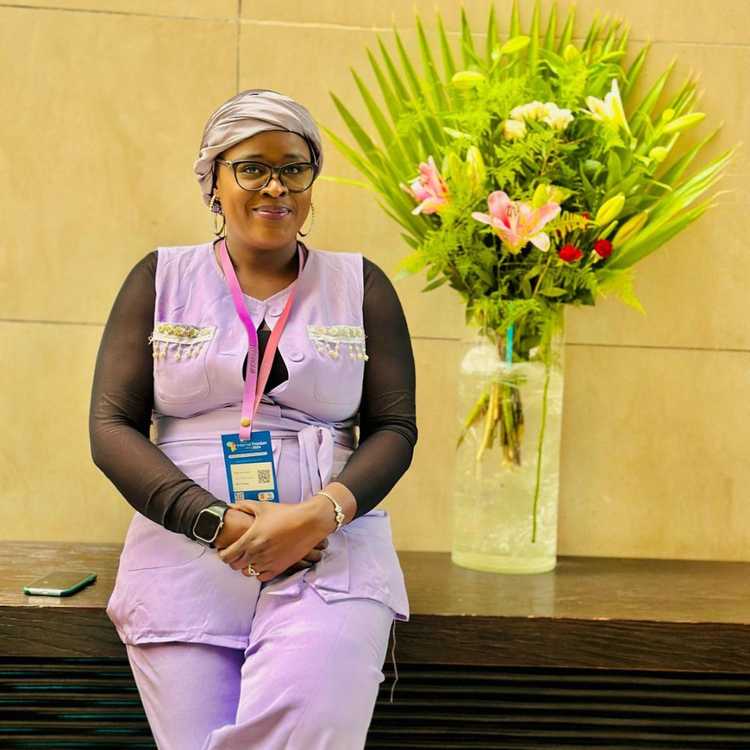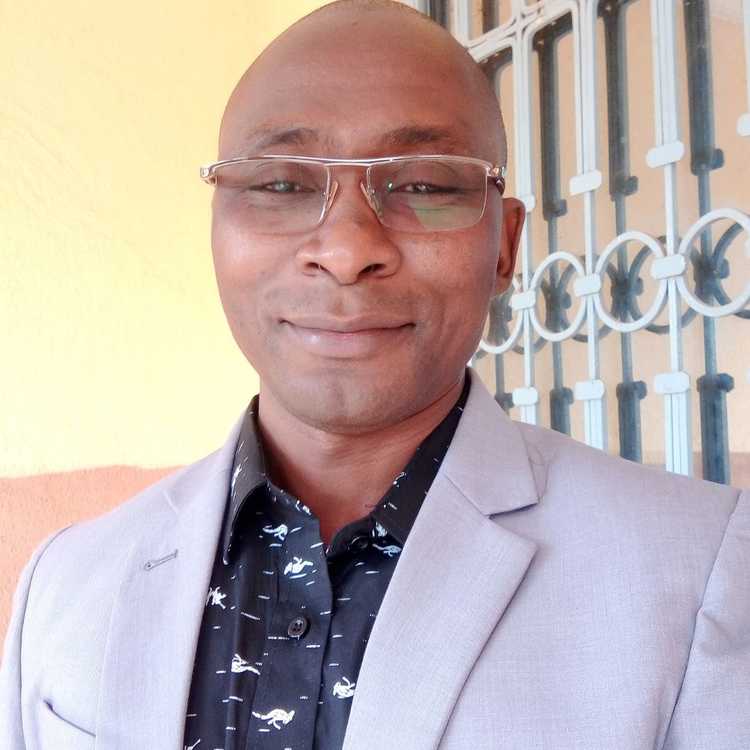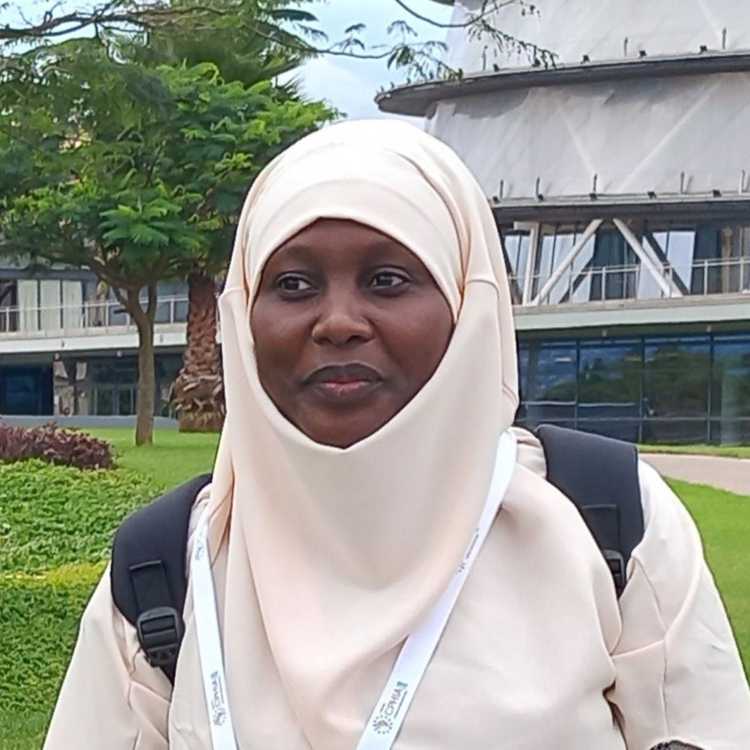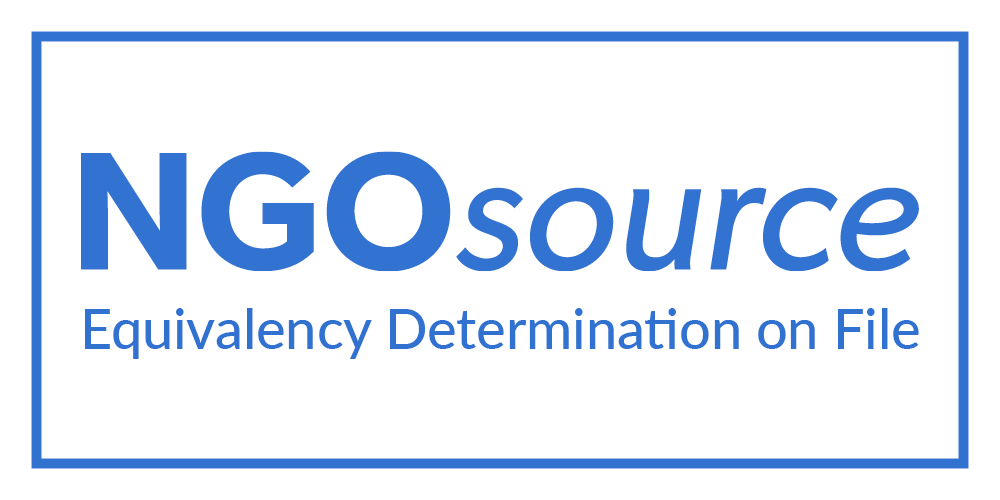Pierre NATWA, innovating for water, coding for democracy in Chad
In Chad, a country often beset by multiple crises where social, democratic and environmental challenges intertwine—NATWA HINDINA Pierre is charting a bold and hopeful path. A social innovator, committed entrepreneur and civic-tech consultant, he firmly believes that solutions to the complex problems facing our societies lie at the crossroads of accessible technology, open governance and citizen engagement.
Whether in Rufisque, Senegal, through his involvement with AfricTivistes or on the stage of the Open Government Partnership in Nairobi, Pierre gives voice to the invisible: young people, women, rural populations convinced that tomorrow’s African democracy cannot be built without them, nor without the tools of digital technology.
AfricTivistes : Pierre, could you tell us how your commitment to human rights and democratic governance began?
Pierre NATWA : My commitment started at a very young age—back when my mother would complain about the authorities’ failure to provide access to clean drinking water in our neighbourhood in Gounou Gaya, N’Djamena. I started by organising citizen debates and awareness campaigns on fundamental rights. But the real turning point came when I discovered how impactful technology could be in promoting civic participation. I realised that ICT could become peaceful tools for social transformation.

Could you share a particularly meaningful experience during your work with AfricTivistes?
The Hackathon for Digital Democracy remains an unforgettable experience. It all began when I was selected as one of seven volunteers for Local Open GovLab (LOG) through digital tools at the Rufisque Town Hall in Senegal. There, I discovered a pan-African community of determined young innovators. Regarding the hackathon, it left a deep impression on me—the spirit of collaboration, the intensity of the exchanges, and especially the sight of ideas being turned into concrete prototypes in just 48 hours.
As a beneficiary and finalist of the AfricTivistes Hackathon for Digital Democracy, what impressed you most about the young project leaders?
Their committed creativity. Despite limited resources, they came up with brilliant solutions deeply rooted in local realities. I was inspired by their ability to turn frustration into innovation. Their projects clearly show that Africa’s youth are ready to shape the future today.
What motivated you to launch the platform nidoroualmewaafe.org? What was the trigger?
I realised that young Chadians were largely excluded from civic participation processes—not due to a lack of interest, but due to a lack of safe and accessible spaces. The trigger came during a local dialogue when a young person told me: “They only call us for the photos once there’s a problem, never to hear our ideas.” I wanted to change that.
Can you explain how nidoroualmewaafe.org works and how it contributes to climate justice?
It’s a secure digital platform that allows young people—including those from rural areas—to express themselves on public policies using community data, access civic education content, and take part in debates. It also includes a participatory map of local needs related to water and the environment, making it a powerful tool for climate advocacy.
How do you measure the platform’s impact on local communities?
We use both qualitative and quantitative indicators: participation rates in discussions, community feedback, number of citizen proposals submitted to local authorities. But most importantly, we see a change in attitude as young people are starting to believe they can influence decision-making.
What link do you see between technology, climate resilience and youth empowerment?
Technology accelerates resilience. It enables young people to document the effects of climate change, propose local solutions, and connect with each other. It’s a tool for empowerment and collective transformation.
In your opinion, what are the necessary conditions for genuine digital inclusion of marginalised populations?
First, access to energy. Then, tools that are culturally and linguistically appropriate. Next, we need to train, raise awareness and involve young people in co-creating the platforms. Digital inclusion is ultimately a question of social justice.
How can African governments better collaborate with innovators like yourself?
By treating us as strategic allies, not competitors. We need open frameworks for collaboration, funding adapted to small-scale innovation, and above all, political will to pilot locally before scaling nationally.
What are your upcoming projects or ambitions in the months ahead?
We are working on a smart photovoltaic cooker, combining solar energy, IoT and blockchain to provide clean, accessible cooking for rural areas—linking climate, health and frugal innovation. We also aim to establish a rural citizen lab for young community hackers.
What would you say to a young African or Chadian interested in social entrepreneurship or civic-tech?
I’d say: Start where you are, with what you have. Impact doesn’t come from resources—it comes from vision and persistence. Connect with networks, take initiative and don’t wait for permission to do good.
If you could immediately change one thing in governance in Chad or Africa, what would it be?
I would make citizen participation mandatory in all public projects, with a minimum quota of young people involved at every stage. Governance without citizens is just an empty performance.
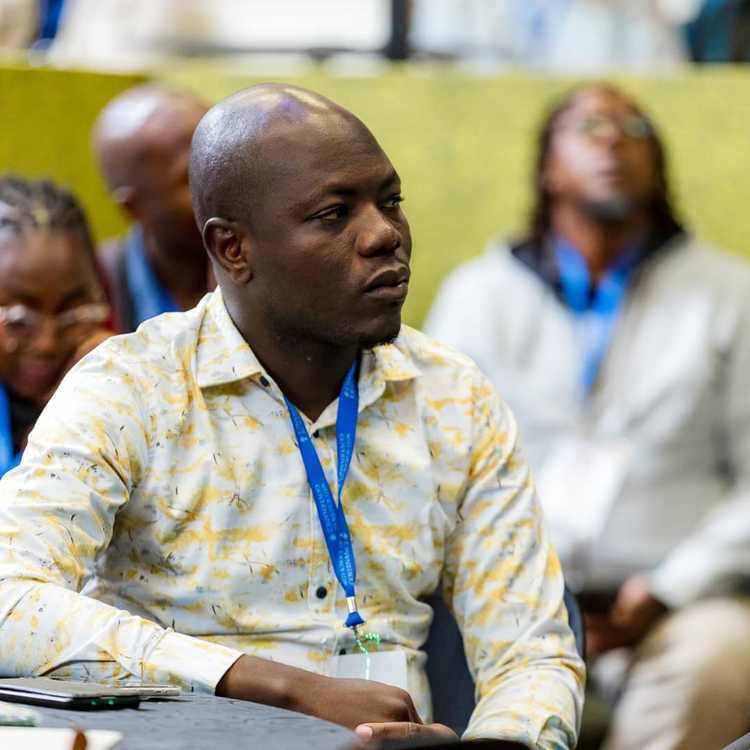
![[SENEGAL] AfricTivistes strongly condemns the brutal repression of students at Cheikh Anta Diop University in Dakar!](/static/29c233858b9d650cc77d87f75d4d2b56/9e635/Ucad-Senegal.jpg)



![[Guinea-Bissau]: Joint Statement from Human Rights Defenders Against the Confiscation of Popular Will !](/static/8552596543d1c00bc73e662f85c0a62f/fce2a/Capture-decran-2025-12-01-a-16.34.43.png)
![[Guinée-Bissau] Joint Declaration – Afrikajom Center and AfricTivistes both firmly condemn the military takeover and warn of the risk of a political crisis !](/static/4d5ad12346b3ef8c55278621c445488b/9e635/Putsch-Guinee-2.jpg)

![[Tanzanie] 🇹🇿 AfricTivistes strongly condemns violent suppression in Tanzania](/static/adf91a1c13cd101f988b6b6971928880/9e635/TZN.jpg)
![[Cameroon] AfricTivistes condemns violent repression, urges govt to uphold rights !](/static/6399a9d8e94e3ae1f681f86178520d96/9e635/WhatsApp-Image-2025-10-27-at-15.32.48.jpg)



![[Madagascar] Generation Z, the driving force of civic awakening!](/static/9072e289fdab44c062096dcfb9499441/9e635/4-2.jpg)


